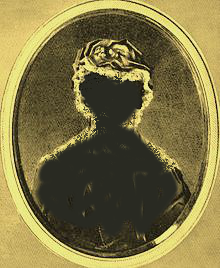A personal and unscientific meander through
five hundred years of British theatre

It’s quite an undertaking, but I have pledged to post a chapter of this book a month, in biteable chunks, on Substack.
The subtitle of the book is a clue to its nature. Those who know me and my writing know I am not an academic and I don’t have an academic mind. What I do have is a long life spent in various aspects of the theatre – acting, writing, teaching, excavating – and a fascination with the world of theatre and how it has reincarnated itself over the centuries.
The book is intended very much as a personal exploration into how theatre began in this country, beginning before Shakespeare and moving gradually to the present day. Who were the actors? How did they get to be actors and why did they want to do it in the first place? Their backgrounds, their characteristics, what they think it takes to be an actor, and on and on as the mood takes me.
As I am effectively publishing the first draft of my book it will need editing and maybe even correcting here and there, which is why I am definitely looking for feedback not just about the content or the accuracy of it, but the tone. I like to think my books are above all readable. I’ve spent too many hours poring over incomprehensible texts in the course of my own studies to ever want to be bracketed with those academics who write in lengthy sentences with no punctuation using the kind of language only they could possibly cognize.
The real challenge in such a book is not so much the writer’s knowledge or her ability to research, it’s to turn months or years or a lifetime’s preoccupation into a page-turner. Let me know how I’m doing!
February 2024



